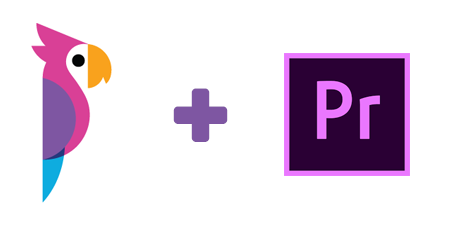

The Continuing Evolution of "Prodigious"
Chances are you've seen the word prodigious in the newspaper, your daily web reads, your favorite novels, or ÔøΩa certain someone's Twitter feed. But its abundance in today's writing doesn't mean the word is understood.
On Quora, the user-generated knowledge database, multiple users have asked how to use prodigious in a sentence. These users start by defining the word before offering an example of usage. Those definitions, while similar in scope, tend to vary. "Very large in size, force, or extent; enormous," writes one user. "Unnatural or abnormal," writes another. "The word ÔøΩprodigious' means amazing," chimes in a third. Some people even misuse the word in place of prestigious, though the two words' similarities are only in spelling.
So, what is the definition of prodigious? The Dictionary of Contemporary English defines it as the following: "very large or great in a surprising or impressive way." People or things possess prodigious amounts or qualities of things or skills. The dictionary's example? "Some galaxies seem to release prodigious amounts of energy." One can also complete activities prodigiously.
Despite the lack of clarity about, or shall we say the various interpretations of, prodigious, the word carries a rich history. Its etymology dates to 1552. When it was first recorded, prodigious meant portentous or ominous, according to weekly webzine, Take Our Word For It. It derived from the Middle French word, prodigieux, which itself was derived from the Latin word prodigiousus.
If you break down the Latin roots, the prefix prod- means forth, and ÔøΩ ÔøΩigiousus means speak or say. Thus, prodigiousus translates to ÔøΩspeak forth'. In the 1550s, this phrase was often used to denote omens or quite literally being told something. By 1568, the meaning had shifted and become a more elegant substitute for adjectives like astounding. Prodigious then evolved to mean huge by the early 1600s.
The range of definitions that exists today makes sense given the word's rapid evolution. And its use in modern-day English is just as expansive. It's a staple on the Scripps National Spelling Bee's list of suggested study words for seventh graders. It's the name of a London-based marketing companyÔøΩ Prodigious Brand Logistics. USA Today used prodigious to describe the legacy of Blackfeet Native American tribes, in a 2015 profile piece. Radio New Zealand describes its home country's record rainfall as prodigious. And The New Yorker's James Woods uses the word to praise the talents of novelist Joshua Cohen.
Prodigious also pops up in poetry. In Sylvia Plath's "Aftermath", she writes, "No deaths, no prodigious injuries. Glut these hunters after an old meat, Blood-spoor of the austere tragedies."
Whether it's used to describe an awe-inspiring, rare occurrence, the stupefying power of Mother Nature, or the prodigal gifts of an artist, prodigious has no bounds when it comes to modern writing.
Prodigious proves that, often, the story behind the words we use is more interesting than we could ever imagine. The history and continued evolution could be described by some as quite, um, prodigious, if you will.
Let us, at Simon Says, help you with your transcription needs so you can find the deeper meaning hidden in your words.
Enjoy this post?
Read some of our other etymological posts:
Nonplussed
Berserk
Sycophant
Automatic Transcription & Caption Software




